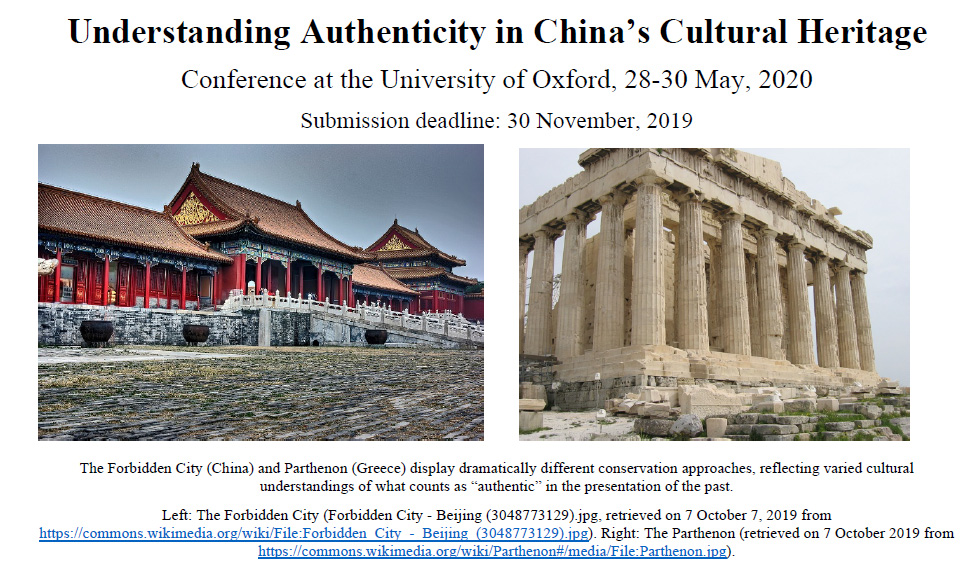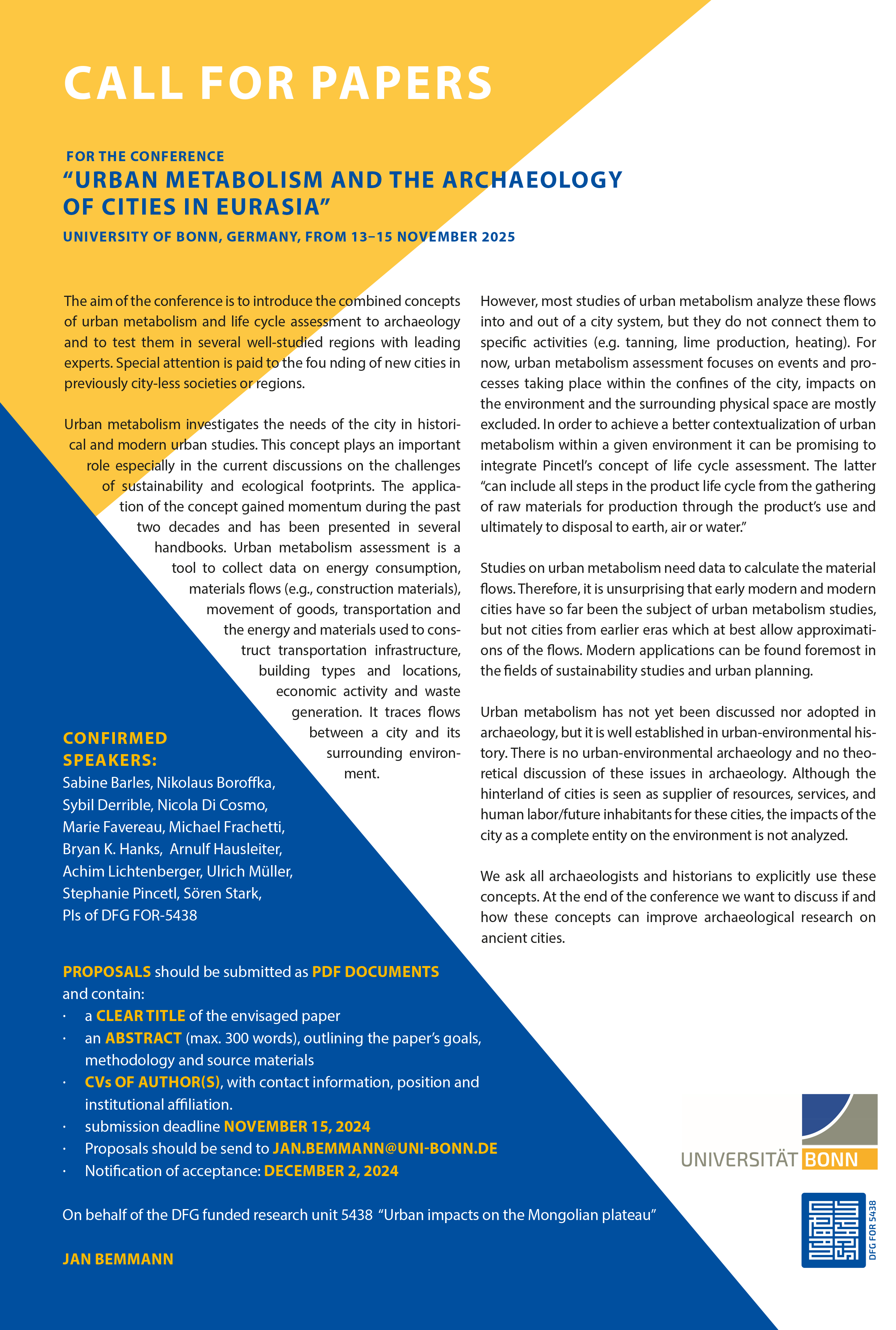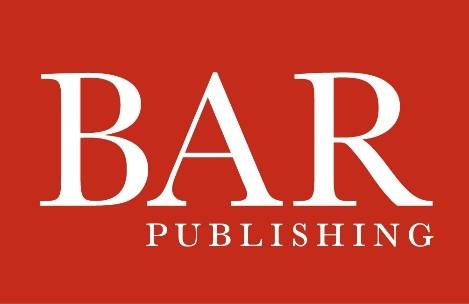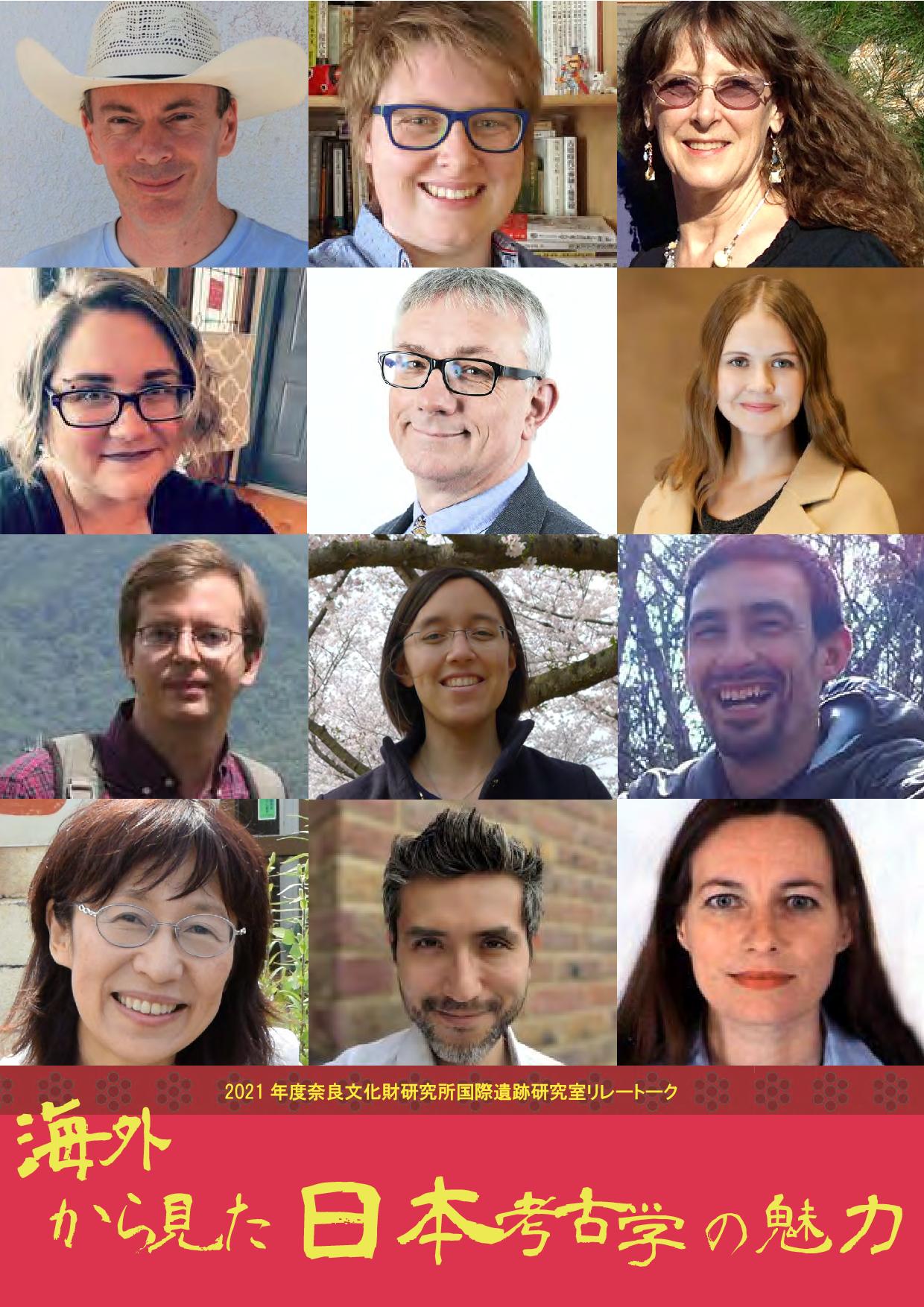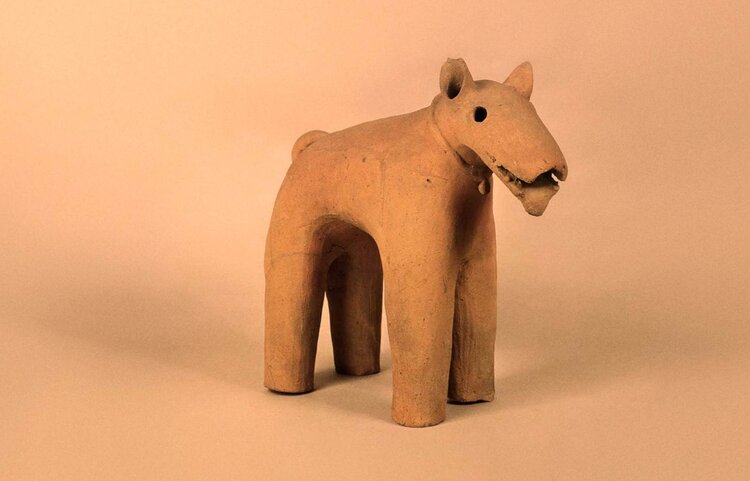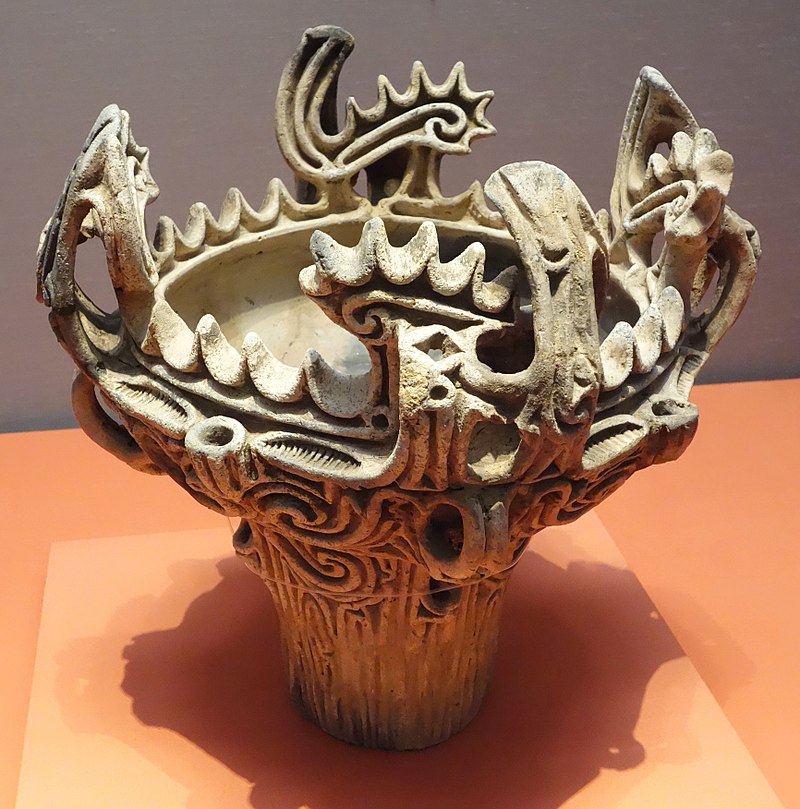The Board of the European Association for Asian Art and Archaeology (EAAA) is pleased to announce a call for papers for the 4th EAAA Conference to be held at the School of Arts and Humanities – University of Lisbon (Portugal) between 8 and 13 September 2025. The 4th Conference is jointly organised by the European Association for Asian Art and Archaeology (EAAA), the UNIARQ – Centre for Archaeology (School of Arts and Humanities), the CH-ULisboa – Centre for History of the University of Lisbon, ARTIS-Institute of Art History and ACN-Asia Collections Network.
News tags
What we deem to be genuine or fake is not an objective determination, but something that we agree upon as communities. Debates about authenticity, moreover, are often intimately bound to question who owns the past and its representation. Please join us at Oxford on May 28th-30th, 2020, for a discussion on the construction of “authenticity,” both historically and today, in relation to China’s cultural heritage (those objects and texts concerned with China’s past). Applications are now invited for the presentation of papers (~20-30 minutes in length) on this theme.
From 13–15 November 2025, the University of Bonn, Germany, will host a conference on the Urban Metabolism and the Archaeology of Cities in Eurasia. The call for papers ends on Nov 15, 2024.
The UCLA Program for Early Modern Southeast Asia (PEMSEA), a collaborative project among UCLA Center for Southeast Asian Studies, University of Hawai’i-Mānoa Center for Southeast Asian Studies, and the Department of Anthropology at the University of Washington, funded by the Henry Luce Foundation’s Southeast Asia Initiative, is inviting research proposals from graduate students and scholars that focus on climate and anthropogenic change, disaster responses, and interactions (i.e., trade) during
Call for SEAA Media Coordinator
The Society for East Asian Archaeology is currently looking for a volunteer Media Coordinator, whose responsibilities will include finding and collating news and announcements related to East Asian archaeology, and posting these on the SEAA blog and in a regular newsletter that will be distributed to the membership. We are looking for an enthusiastic, technology savvy undergraduate or graduate student who will work with our current web editor to fill this role.
Archaeology of East Asia
New specialist sub series
Series Editors: Anke Hein (Oxford)
In recent years, the archaeology of East Asia has been receiving increasing interest among scholars world-wide, leading to an upsurge in publications in western languages as well as an increase of presentations and panels on that topic at international archaeological conferences. This series offers a venue to publish archaeological material and in-depth analyses that can provide a greater audience access to evidence previously unpublished or only accessible through articles in not-easily-accessible venues or languages. The series provides a platform for data-rich studies on a variety of topics and materials from all over East Asia as well as conference proceedings reflecting the newest research insights and trends. We encourage projects that cross-national borders even into adjoining regions and/or cover areas usually overlooked in main-stream research. This includes all parts of China, Japan, Korea, Mongolia, the Russian Far East, the Tibetan Plateau as a whole, and the northern reaches of Southeast Asia. Especially encouraged are submissions proposing and conducting new approaches and methods in all aspects of archaeology including scientific techniques, spatial analysis, various digital methods, but also theory and model-based or traditional chronology-focused studies.
The Münchner Zentrum für Antike Welten (MZAW) invites applications for a Visiting Professorship in Cultural History of the Ancient World for either one or two years, starting on October 1, 2024.
The Japan House London is hosting an online talk "Dig Dogs — The Archaeology of Dogs in Japan" by Professor Simon Kaner on Thursday 29 October 2020, 17:00 - 18:00 UTC. For more information, please visit: https://www.sainsbury-institute.org/info/dig-dogs-the-archaeology-of-do…
James Loftus, a Ph.D. Candidate at Kyushu University has compiled a list of useful online databases and general resources related to Japanese archaeology. You can check it out in his article via the following link: https://digitalorientalist.com/2020/10/27/digital-resources-for-the-stu…

